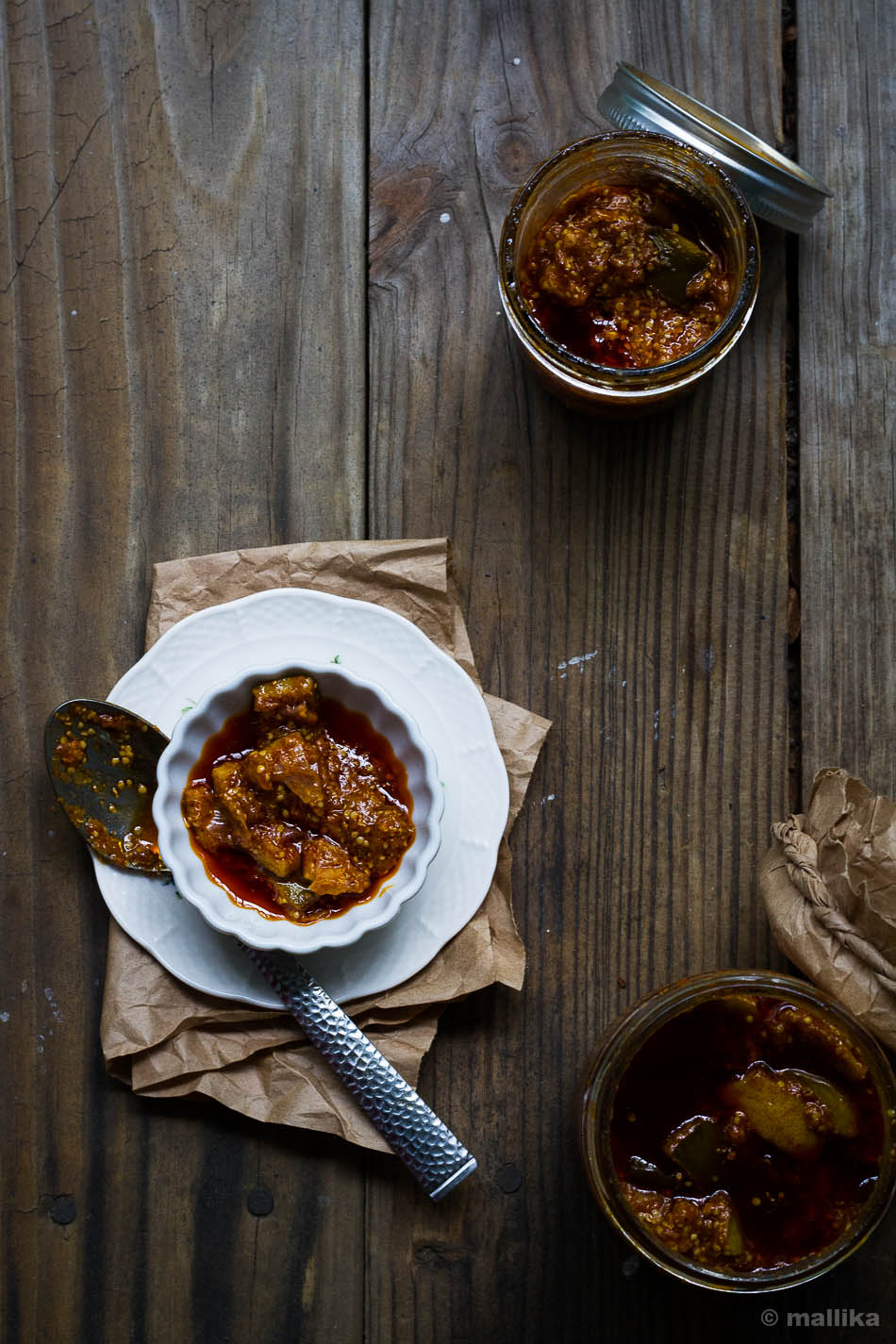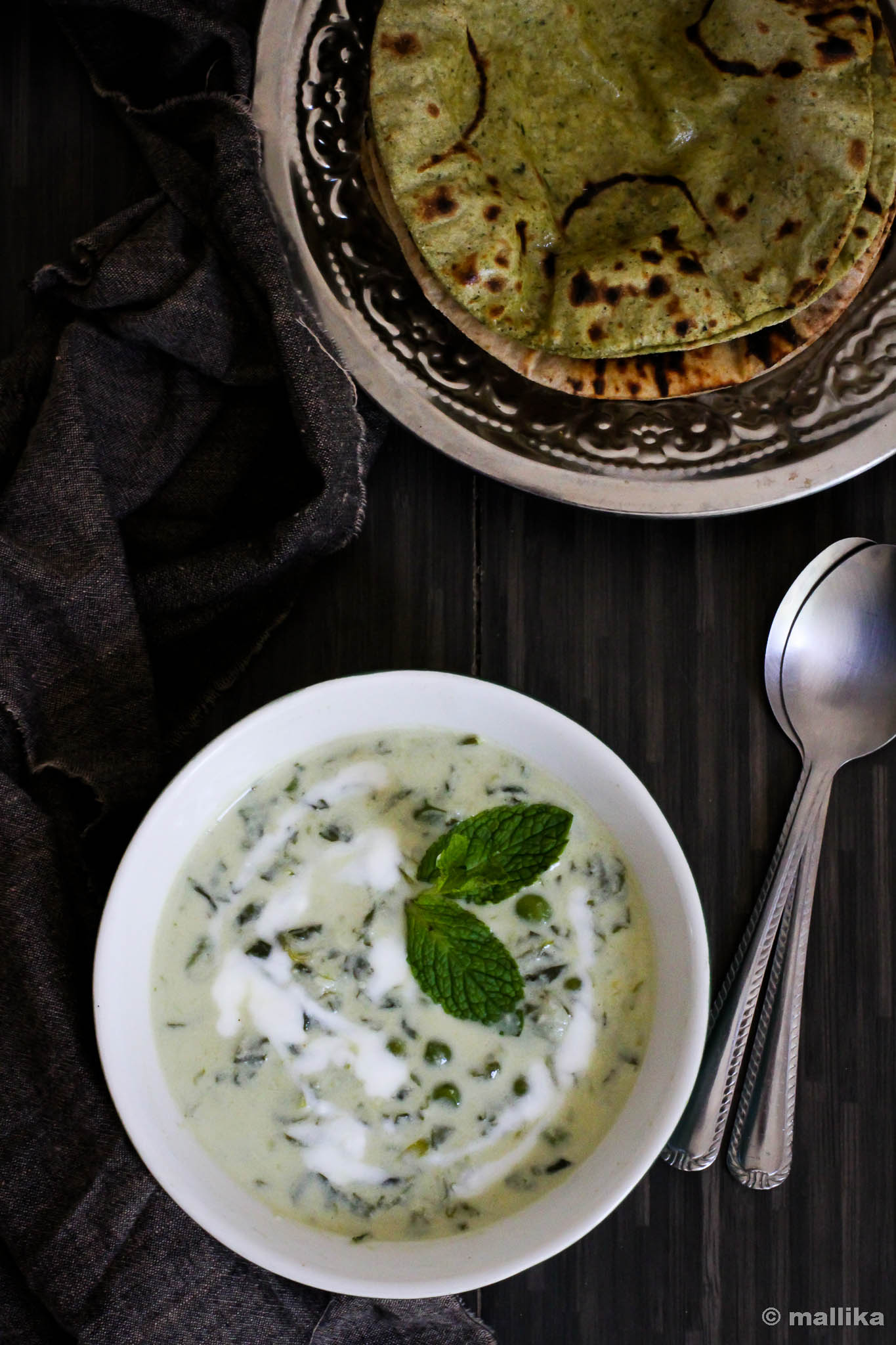One would probably think what a vegetarian has got to do at a Korean Food festival. This is precisely the reason for the review today. When the PR team at Sheraton reached out to me with an invitation for their ongoing Korean Food festival at Feast, my uncertainties in regard to vegetarian menu were sent out on an email to them. They responded promptly assuring that there was enough on the menu for vegetarians and we would not be in last minute surprises. We made our way through the city to reach Sheraton’s food lounge, Feast where this food festival is currently being hosted. Feast is a well-designed, multi-cuisine restaurant located at the ground floor of Sheraton hotel. Adding to their assortment of multi-cuisine spread, Feast is out to host the exotic culinary flavors from Korea in an anticipation to introduce Korean flavors to Indians.
Chefs Link Chan Jae Chung and Shane Yun-Gi Hong from the Sheraton Seoul D Cube city Hotel have gone lengths to create buffet spread that well comprises of an array of authentic vegetarian and non-vegetarian Korean dishes with no compromise to flavor or ingredients.
Chef Marty and Chef Link walked us through a round of introduction to the Korean cuisine, citing prevue of what goes into their cooking, their techniques, medicinal value, common ingredients and their affinity and influences from the Japanese and Chinese cuisines. It was interesting to know that their National dish – Kimchi, a household staple comes in over 200 varieties and is fermented even up to 30 years for its medicinal value and authentic tart taste. Koreans’ love for fermentation is seen in the liberal use of fermented products such as soy sauce, fermented chilli peppers, fish sauce, fermented radishes, cabbages, etc. This comes through strongly in many of the dishes and the dominance of fermented pastes is quite prominent and could possibly be an acquired taste for many unknown to this cuisine.
The soups on course, the Korean Spicy Squid Soup and Kimchi Soup catered to the non-vegetarian tastes. Chefs at Sheraton put together an appetizing vegetarian version of the soup in Korean flavors. Be warned - fish sauce is often termed to be vegetarian in South East Asian cuisines, hence it would be best if you could check with the chef for its use in their vegetarian menu.
On the menu, we started off with the Gimbap, that has close resemblance to the Japanese Sushi. Layers of sticky white rice and vegetable juliennes, encased in the black seaweed nori sheets make up for pretty, healthy bites. Water Kimchi, made from fermented turnips, radishes, apples, was another interesting dish that tantalized our senses. It has a strong pungency from fermentation and you bet one cannot indulge on this beyond a couple of bites. The Konguksu, which is cold noodles served in soya milk broth was quite similar to vermicelli kheer, minus all the sugar. A dish that I thought deserved an applause was Japchae. The sweet potato noodles, stir fried in sesame oil with vegetable juliennes and garnished with sesame seeds and slivers of chili was delicious and deserved multiple helpings. Although Japchae is most commonly served as a side dish, I could probably eat it on its own as a main course.
The Korean Mini-Pancakes that were served had close resemblance to Indian maida dosa. Nothing exceptional to mention about.
Kimchi Fried Rice was good, but can be passed for the more interesting Bibimbap, a signature Korean dish. Bibimbap is served as a bowl of warm white rice topped with sautéed and seasoned vegetables and Gochujang (chili pepper paste), soy sauce, or salty soybean paste. Yet another dish that had unique flavors from the fermented ingredients used. This is a must try I suggest.
Traditionally Korean desserts are low on sweetness and can actually be termed as healthy! The Honey Rice Cake and Baek Seol Ki were basically cooked rice cakes which tasted very close to the rice modak sheath we make during Ganesh Chaturthi. These did not impress my tastes and left me disappointed for not getting that ‘sugar-kick-kind-of’ dessert. Song Pyon was better with a mild bean filling, although I would still give it a pass and enjoy the Korean tea that soothed our senses with sweet and warm hint of ginger and cardamom.
Unknown to a cuisine and being welcomed into a new world of flavors, I am glad to be a part of this invite at Feast. If are like me and have never tried Korean food in the past, or you’ve assumed it to be faithfully non-vegetarian, then put your reservations aside and give into a whole new world of authentic regional gastronomy. It can put you into a cozy surprise! So head out this week to discover the unique culture and rich flavors of Korean food at Sheraton Bangalore Hotel at Brigade Gateway as it invites you to be a part of this celebration between 13th February to 25th February, 2015.
Price – Lunch @ Rs. 1395+taxes and Dinner @ Rs. 1545 + taxes.
Chefs Link Chan Jae Chung and Shane Yun-Gi Hong from the Sheraton Seoul D Cube city Hotel have gone lengths to create buffet spread that well comprises of an array of authentic vegetarian and non-vegetarian Korean dishes with no compromise to flavor or ingredients.
Chef Marty and Chef Link walked us through a round of introduction to the Korean cuisine, citing prevue of what goes into their cooking, their techniques, medicinal value, common ingredients and their affinity and influences from the Japanese and Chinese cuisines. It was interesting to know that their National dish – Kimchi, a household staple comes in over 200 varieties and is fermented even up to 30 years for its medicinal value and authentic tart taste. Koreans’ love for fermentation is seen in the liberal use of fermented products such as soy sauce, fermented chilli peppers, fish sauce, fermented radishes, cabbages, etc. This comes through strongly in many of the dishes and the dominance of fermented pastes is quite prominent and could possibly be an acquired taste for many unknown to this cuisine.
The soups on course, the Korean Spicy Squid Soup and Kimchi Soup catered to the non-vegetarian tastes. Chefs at Sheraton put together an appetizing vegetarian version of the soup in Korean flavors. Be warned - fish sauce is often termed to be vegetarian in South East Asian cuisines, hence it would be best if you could check with the chef for its use in their vegetarian menu.
On the menu, we started off with the Gimbap, that has close resemblance to the Japanese Sushi. Layers of sticky white rice and vegetable juliennes, encased in the black seaweed nori sheets make up for pretty, healthy bites. Water Kimchi, made from fermented turnips, radishes, apples, was another interesting dish that tantalized our senses. It has a strong pungency from fermentation and you bet one cannot indulge on this beyond a couple of bites. The Konguksu, which is cold noodles served in soya milk broth was quite similar to vermicelli kheer, minus all the sugar. A dish that I thought deserved an applause was Japchae. The sweet potato noodles, stir fried in sesame oil with vegetable juliennes and garnished with sesame seeds and slivers of chili was delicious and deserved multiple helpings. Although Japchae is most commonly served as a side dish, I could probably eat it on its own as a main course.

The Korean Mini-Pancakes that were served had close resemblance to Indian maida dosa. Nothing exceptional to mention about.
Kimchi Fried Rice was good, but can be passed for the more interesting Bibimbap, a signature Korean dish. Bibimbap is served as a bowl of warm white rice topped with sautéed and seasoned vegetables and Gochujang (chili pepper paste), soy sauce, or salty soybean paste. Yet another dish that had unique flavors from the fermented ingredients used. This is a must try I suggest.
Traditionally Korean desserts are low on sweetness and can actually be termed as healthy! The Honey Rice Cake and Baek Seol Ki were basically cooked rice cakes which tasted very close to the rice modak sheath we make during Ganesh Chaturthi. These did not impress my tastes and left me disappointed for not getting that ‘sugar-kick-kind-of’ dessert. Song Pyon was better with a mild bean filling, although I would still give it a pass and enjoy the Korean tea that soothed our senses with sweet and warm hint of ginger and cardamom.

Unknown to a cuisine and being welcomed into a new world of flavors, I am glad to be a part of this invite at Feast. If are like me and have never tried Korean food in the past, or you’ve assumed it to be faithfully non-vegetarian, then put your reservations aside and give into a whole new world of authentic regional gastronomy. It can put you into a cozy surprise! So head out this week to discover the unique culture and rich flavors of Korean food at Sheraton Bangalore Hotel at Brigade Gateway as it invites you to be a part of this celebration between 13th February to 25th February, 2015.
Price – Lunch @ Rs. 1395+taxes and Dinner @ Rs. 1545 + taxes.















U r back with a bang !!
ReplyDeletegr8 insights into Korean food followed with nice pics..